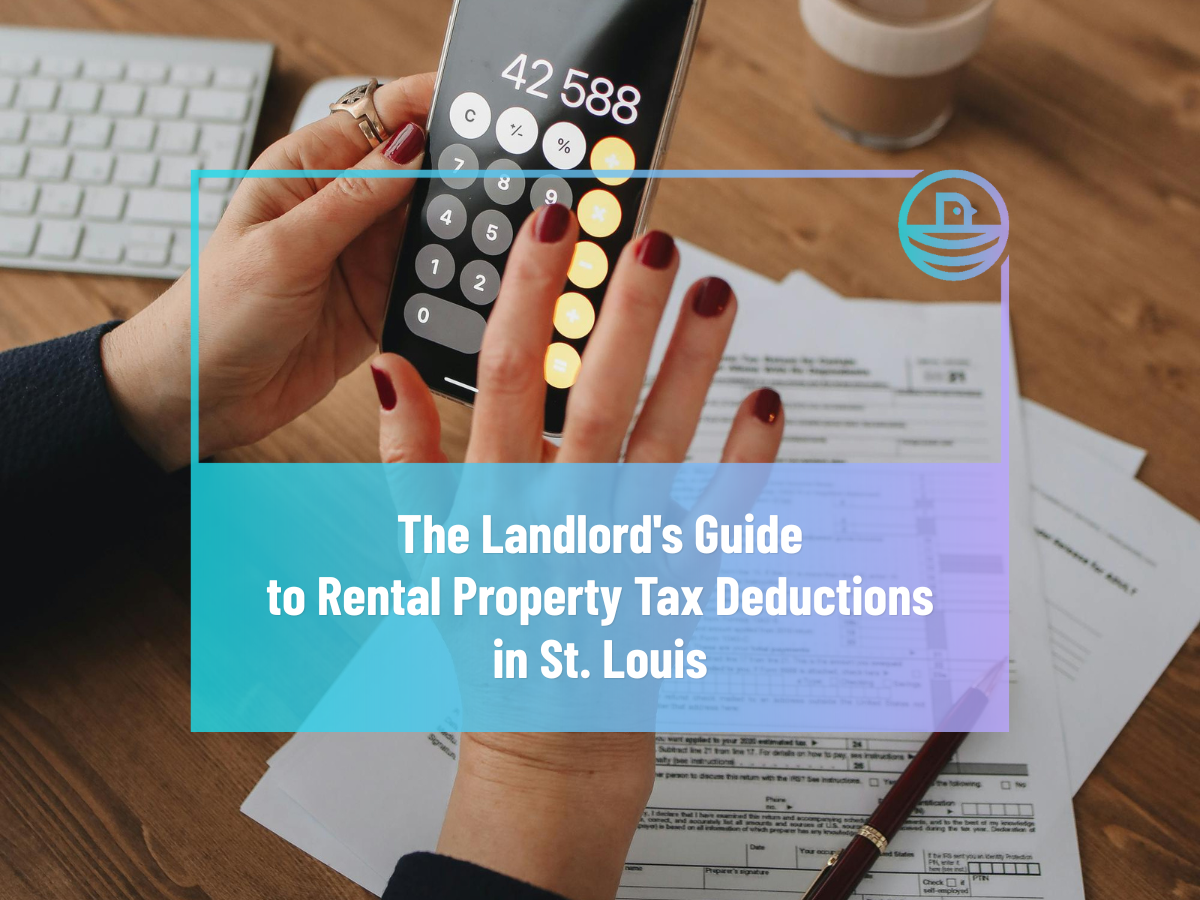Rent Increase Laws in St. Louis, Missouri
Renting out your St. Louis property can be a lucrative investment. But in order to maintain your yields, you’ll probably need to raise rent every once in a while.
That’s why landlords need to be aware of the local rent increase laws in their state or city. In this article, we’ll explore the sometimes-complicated but all-important world of rent increase laws in St. Louis, Missouri.
Let’s dive in!
How Much Can You Increase Rent?
There is no maximum rent increase specified by Missouri state law. However, it is important to consider the principles of fairness and reasonableness when determining the amount to raise the rent. An exorbitant hike may lead to tenant dissatisfaction and potential legal issues. Consulting with a legal professional or property management expert can provide you with valuable guidance.
It is also important to assess the current market conditions when determining the rent increase. Researching rental prices in the St. Louis area can help you gauge whether your proposed increase aligns with the market standards. By maintaining a competitive rental price, you can attract and retain high-quality tenants.
Another factor to consider is the condition of the property. If you have made significant improvements or renovations to the rental unit, it may justify a higher rent. Tenants are often willing to pay more for a well-maintained and updated living space.
Furthermore, if there has been a significant increase in the cost of utilities, property taxes, or other expenses related to maintaining the rental property, it may be reasonable to pass on some of those costs to the tenants through a rent increase. However, it is important to strike a balance between covering expenses and ensuring affordability for your tenants.
In addition, if you have long-term, reliable tenants who consistently pay their rent on time and take good care of the property, it may be more appropriate to keep the rent increase minimal as a gesture of appreciation, whereas for problematic tenants or those who frequently violate the terms of the lease agreement, a higher rent increase could encourage better behavior or compensate for the additional time and effort required to manage such tenants.
In terms of rental market trends. If there is a high demand for rental properties in your area and a limited supply, you may have more flexibility in increasing the rent. Conversely, if there is an oversupply of rental units, a more conservative rent increase can allow you to remain competitive and attract tenants.
Lastly, it is crucial to communicate with your tenants about the rent increase in a clear and transparent manner. Provide them with ample notice, typically 30 to 60 days, and explain the reasons behind the increase. Open communication will help you maintain positive relations with your tenants, which minimizes conflict.
When Can You Increase Rent?
St. Louis, Missouri, allows landlords to increase rent at the end of the lease term or during a month-to-month tenancy. If your tenant is on a fixed-term lease, you can implement the rent increase when the lease is up for renewal. However, you must provide appropriate notice as per the lease agreement and state law to provide your tenants with sufficient time to adjust their budgets accordingly.
In the case of month-to-month tenancies, you are required to provide a written notice to the tenant at least 30 days before the proposed increase.
How Do You Increase Rent?
First, review your lease agreement to determine if it includes any provisions regarding rent increases. If your lease allows for rent adjustments, follow the specific guidelines outlined in the agreement.
If your lease does not explicitly address rent increases, you may need to prepare a written amendment to the lease, which should state the new rental amount, effective date, and any other terms you wish to modify. Provide a copy of the amendment to your tenant for their signature, and retain a copy for future reference.
When presenting the rent increase to your tenant, approach the discussion with transparency and clarity. Explain the factors that have influenced the decision, such as rising costs, maintenance expenses, or improvements made to the property. Address any concerns or questions raised by your tenant and demonstrate your willingness to engage in an open dialogue.
Note: A St. Louis property management company can help with setting rents, raising rents, and more.
Giving Notice of Rent Increase
The notice of rent increase should include the new rental amount, effective date, and any other relevant details.
When delivering the notice, it is advisable to use a method that provides proof of delivery, such as certified mail or hand delivery with a signed receipt. Retain a copy of the notice and the proof of delivery for your records. This documentation will serve as evidence that you complied with the legal requirements and properly notified your tenant of the rent increase.
Final Thoughts: Rent Increase Laws in St. Louis, Missouri
Understanding and complying with any rent increase laws in St. Louis, Missouri, is essential for maintaining a successful rental business.
Remember that staying updated on the local market conditions and consulting with professionals can provide valuable insights when determining appropriate rent increases. By maintaining open communication with your tenants and approaching the process with transparency and fairness, you can foster a positive relationship with your tenants and ensure the long-term success of your rental property in St. Louis, Missouri.
Looking for a professional property management company to help with setting and raising rents in St. Louis? Contact our team today!











































